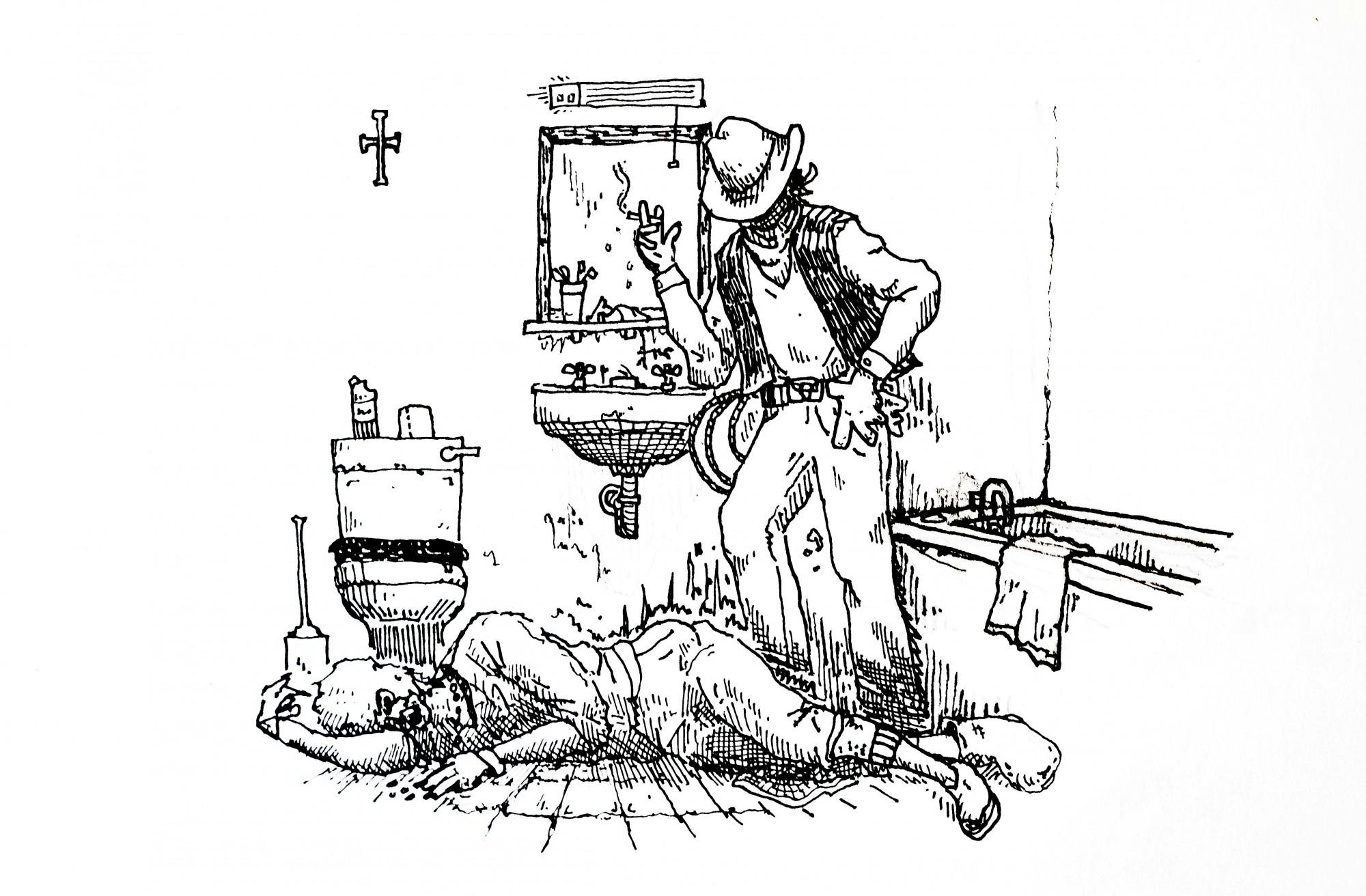During her time at Dartmouth, Hollye Swinehart ’18 discovered her love for art and photography at the Hopkins Center for the Arts. Now, Swinehart is preparing to film her senior thesis for her Masters in the Arts at the London Film School, a short film called “Cotton Something.” Swinehart is set to graduate in December and submit her film to festivals such as the Telluride Film Festival and Sundance Film Festival. The Dartmouth sat down with Swinehart to discuss her journey from photography to filmmaking and her advice for Dartmouth students on pursuing a career in the arts.
What did you major in and what other things were you involved in at Dartmouth?
HS: I was a double major in Government and Studio Art. I did my honors thesis in photography, but I also did an Art History study abroad. I worked in the Claflin Jewelry Studio, spent some time with the Dartmouth Law Journal and the Italian Club and was the marketing intern at the Hopkins Center for the Arts my senior year. The Hop and the people there offer a really good look into engaging with press materials, dealing with agents and summarizing events. Those are all skills that I honed while I was there, so that was something I really enjoyed. Once I realized I wanted to go into photography, I ended up working for The Dartmouth as a photographer.
I didn't do any filmmaking at all. When I started in the fine arts, it was more towards the art history side of things. Then, I realized that I just really loved filmmaking, and I had always wanted to try photography. I produced massive amounts of photos when I was at Dartmouth. A lot of it related to documentary work and social issues. I was always thinking about socially conscious narratives. But I felt like the film department at Dartmouth was very theoretical.
After I developed my photography interest, I realized that I really wanted to have motion and the freedom to have a longer form narrative. I started dabbling in film a little bit more, and did some short video art things on my own.
What was the process that led you into filmmaking?
HS: When you're a kid, television and film hold this mystical power. I was curious about it, but I quickly moved on. Then, as I got older, I realized that my best pieces of photography were always things that could speak to a huge number of people. That was what really excited me, and so film just made sense. It just was one of those things where you kind of can feel it.
After I finished at Dartmouth, I did a fellowship with the Studio Art department. I produced a pretty massive body of work of photographs that were documenting the degradation of the rural communities in New England. While I was doing that, I was questioning what my true attraction to the medium was, and what I really wanted to get from it.
When it came time to think about my masters, I considered photography but I knew what I really wanted. With a photo, people can interpret it different ways. With a film, there's always a core narrative to it that people can latch on to. When you're directing a film, you get more control and you have your audience for an extended period of time, so you're getting to really drive what they take away from it.
Once I got to film school, I very much felt at ease. What I was doing with photography always felt like there was a little bit more I could push and change. While no director is ever 100% happy or feels completely finished, I do feel like the medium is conveying what I want as an artist.
Can you talk about your original short graduate thesis, “Cotton Something?”
HS: “Cotton Something” is a short film about a pill-popping grandmother who moves into her daughter's house, which disturbs the world of her teenage granddaughter. Right now, we're in pre-production. I'll be putting the film in production in August.
I'm really excited about this film in particular because it's the first short film where I've had complete control of everything. It’s still inspired and related to some of the work I did in my photography at Dartmouth. I think that my time at Dartmouth gave me the skills to critically think about stories that impact other people, and this is the first time I'm able to use those skills outside of my photography.
How was the process of coming up with the characters and the plot for “Cotton Something?”
HS: I feel like I definitely start with characters. The whole initial inspiration came from me contemplating a bit about the substance abuse and opioid crisis in the United States. I started to realize that I had had my own experiences with surgeries where pain medication was offered to me, but I was anxious to take it. I started entertaining other outcomes: If you do say yes to these things, how much of addiction is in your control, and how much of it is circumstantial? From that, I could think of characters that were related to experiences I have and know, but were in an alternate reality.
From there, I knew I wanted it to be about women and how they relate to each other within a family. So that's why it made sense for the characters to be a grandmother, a mother and a daughter. I felt like my characters needed to be really true to the existence of single motherhood and what that looks like. The film is about what it means to be a woman and suffer from an addiction and how that can potentially villainize you. I want the film to allow people to reflect on what it means as a woman to be judged by your ability to be a mom, as opposed to anything else.
What advice would you give someone considering a Masters in the Arts?
HS: It’s better to chase your dreams early and just go for it. When you come to Dartmouth, there's a lot of pressure to pursue certain careers. I was still coming to terms with what I wanted my own career to look like. But I have no regrets about pursuing a masters in the arts. I think if you're going to do it, it's best to do it and throw yourself into it wholeheartedly.
Take advantage of everything at Dartmouth. The Studio Art department and the Hop are so well equipped. Even though at the Hop I wasn't necessarily dealing with film, it is all related. Those sorts of skills and being exposed to other people who have careers in the arts can really serve you well. I think if you're questioning it, the Studio Art department or the Hop are really good places to get a feel for if a career in the arts is what you want.
If you're considering a masters abroad, I would definitely recommend visiting the places where you want to go. I did visit a number of other Art and Film programs, but London is a great place to live. I do think if you're considering living abroad, make sure that you like the place and enjoy the culture, because it can be difficult.
If you have friends who are recent graduates, definitely keep in touch with them. I was really lucky that on my study abroad there were older people I could speak to after they had graduated. I think it was really helpful to know what I potentially wanted to replicate and other elements that I wanted to adjust for my own career.
I would also say don't forget to stay in touch with your professors. Don't be shy about asking for letters of recommendation and asking about graduate schools. It was always so helpful to hear their opinions and perspectives.
This interview has been edited and condensed for clarity and length.




